|
(Thanks to Kristen Albright (Acadia STEAM in the PARK) for these heartfelt words.) The briny smell of the ocean, the sound of waves crashing against the rocks, a night of a million stars in the Milky Way, laughter and song around the campfire with my firefly friends, and miles of hikes through the spruce-scented forest—these are the moments that I treasure from my time in STEAM in the Park. This was the most unconventional professional development I have ever attended in my 26+ years of teaching, and it truly changed my life for the better. When I heard from a dear friend and colleague about the first STEAM in the Park that took place last year in Acadia, I knew that I had to apply this year. I was thrilled to learn that I had been accepted after waiting to hear for weeks. The Zoom calls with fellow attendees in the months leading up to STEAM in the Park Acadia allowed me to have a glimpse of what was to come, making friendships and connections with teachers across the country. I was so impressed with Dacia’s organization and communication leading up to the event. In Schoodic Institute at Acadia National Park, we had several days packed with learning and networking. The park rangers provided sessions on mapping, dichotomous keys to identify species, water quality and pH, and the methods biologists use to monitor the invasive green crab. Our STEAM in the Park ambassadors presented on literacy connections, poetry, and even a fun yoga session! Each of us had an opportunity to hone our artistic skills by painting a picture of monarch butterflies or scenery around Acadia. Our final night was a ranger-led session on constellations under the most beautiful, star-filled sky. In between sessions, we dined together, went to town for ice cream, hiked the beautiful vistas, and took time to enjoy beautiful Acadia National Park. After taking a few days to reflect on my time in Acadia with STEAM in the Park, I have two main takeaways that I will always cherish. First, I know now that I can do things outside of my comfort zone. Walking over rocks and digging through seaweed to find the elusive yet invasive green crab is not something I have ever done before, but accomplishing this feat in a completely supportive environment allowed me to try something new! Secondly, I have been reminded that teachers do make a difference. Following a few difficult years of the pandemic and beyond, my zest for teaching was somewhat diminished. STEAM in the Park rejuvenated me by showing me how teachers can use UN Global goals to do real, important work with our students that can change the world. We did research that scientists in the field will use and wrote lesson plans that will be used by teachers worldwide. The “firefly” friendships and connections that I made with fellow campers will give me the energy and support I need to make this school year a success! I feel truly lucky to have had this opportunity and I can’t wait to apply to another park next year!
0 Comments
We cannot believe that this is Day 59 of #STEAMinthePARK. Our bodies are weary but our hearts are full. We had an amazing experience at Acadia National Park and Schoodic Institute. Check out our video! Guest Blog by Megan Rodriguez This past week I had the opportunity to attend #STEAMinthePark with Expeditions in Education. It is unique combination of professional learning and adult summer camp. This summer the camp will take place at eight different National Parks across the country. I participated at New River Gorge National Park and Preserve. This series of posts explores my reflections on the week. As educators we can hopefully agree that when students are engaged in hands-on experiences they are able to build their own learning and make connections to previous content. Countless philosophers, psychologists, and educators (formal and informal) agree with this. John Dewey says, "Give the pupils something to do, not something to learn; and the doing is of such a nature as to demand thinking, or the intentional noting of connections; learning naturally results." Confucius is quoted with "I hear and I forget. I see and I remember. I do and I understand." In Nicomachean Ethics, Aristotle writes, “For the things we have to learn before we can do them, we learn by doing them."' If these hold true for students, then why not for adults and teachers as well?!? During #STEAMinthePark we were pushed into carefully planned and organized learning experiences. On the first full day we were told to gear up with water shoes and life vests. We split into groups with other educators who we had just met the previous evening to collect water samples and search for benthic macroorganisms. We used electronic and manual methods for determining water clarity, pH, temperature, dissolved oxygen, nitrates, and phosphates. We then compared data with each other and in multiple locations at the site. All going back to answer a guiding question for the work: "What makes a healthy ecosystem?" We continued working from this guiding question as we began our quest for benthic macroorganisms. If you're like me you have NO CLUE what those are...enter Merriam-Webster. Benthic = of, relating to, or occurring at the bottom of a body of water Macroorganisms = organisms large enough to be seen by the normal unaided human eye This is a moment I will NEVER forget. The previous night we found dobsonflies (male and female) on the outside of the main cabin. I thought those looked creepy as it was but enter the larvae of said dobsonflies - hellgrammites. Check out THIS dobsonfly lifecycle graphic. As a kid I learned the lifecycle of a frog and butterfly but there are so many other insects which go through similar life cycles that we can use to expand our teaching and learning. If you thought the learning experiences would end here, you're wrong! The following day we jumped back into the New River to participate in the Dragonfly Mercury Project. Similar to the dobsonfly, the larvae of dragonflies also lives in the water. The dragonfly larvae is collected by students and teachers at National Parks around the country for mercury analysis to provide insight into the health of the rivers and ecosystems (still going back to the guiding question from the previous day - see what they did there 🤯). Even though I'm currently teaching engineering and robotics - these experiences energized me. They reminded me the benefits of hands-on learning. Had I not searched for benthic macroorganisms could I tell you the name for a hellgrammite or that it's the larval stage of the dobsonfly? Probably not. Had I not dug for and helped identify the species of dragonfly larvae could I talk to you about the different mouth parts or hooks on the back of their abdomen? Definitely not.
How will you bring purposeful, active, hands-on experiences to your students? I know that my brain is already spinning with ideas! |
Archives
November 2022
Categories |
Expeditions in Education
- Home
-
Crossing America
-
Crossing America School Visits
>
- Cone and Smyrna Elementary School
- Cason Lane & Highland Park, TN
- Austin Elementary and Bethlehem Elementary, GA
- Woodard Elementary, TN
- Mount Harmony & Tracey's Elementary Maryland
- Elkins, WV- Go Polar Bears!
- Alvaton Elementary- KY
- Stallings Elementary, Matthews, NC
- Pleasant Knoll Elementary School Fort Mill, SC
- Guilford Elementary School in Plainfield, INDIANA
-
Crossing America SPECIAL EVENTS
>
-
Crossing America ZOOM
>
-
Episodes 1-10
>
- Episode One: Homestead NHP
- Episode Two: Holiday in the PARKS
- Episode Three: Biscayne National Park
- Episode Four: Everglades National Park
- Episode Five: Maggie L. Walker National Historic Site
- Episode Six: Assateague Island National Seashore
- Episode Seven: George Washington's Birthday 2022
- Episode Eight: Casa Grande Ruins National Monument
- Episode Nine: Tumacácori National Historical Park
- Episode Ten: San Antonio Missions NHP
-
Episodes 11 - 20
>
- Episode Eleven: MotorCities National Heritage Area
- Episode Twelve: Death Valley National Park
- Episode Thirteen: Hot Springs National Park
- Episode Fourteen: Isle Royale National Park
- Episode Fifteen: Dry Tortugas National Park
- Episode Sixteen: Olympic National Park
- Episode Seventeen: Voyageurs National Park
- Episode Eighteen: Lewis and Clark
- Episode Nineteen: Jewel Cave National Monument
- Episode Twenty: Pipestone National Monument
-
Episodes 21 - 30
>
- Episode Twenty-One: Alcatraz island
- Episode Twenty-Two: César E. Chávez National Monument.
- Episode Twenty-Three: Lava Beds National Monument
- Episode Twenty-Four: Haleakalā National Park
- Episode Twenty-Five: Hawai' i Volcanoes
- Episode Twenty-Six: Pearl Harbor National Memorial
- Episode Twenty-Seven: Lincoln Boyhood
- Episode Twenty-Eight: Birmingham Civil Rights National Monument
- Episode Twenty-Nine: Cumberland Island National Seashore
- Episode Thirty: Vicksburg National Military Park
-
Episodes 31-40
>
- Episode Thirty-One: Grand Teton National Park
- Episode Thirty-Two: Fort Laramie National Historic Site
- Episode Thirty-Three: Delaware Water Gap National Recreation Area
- Episode Thirty-Four: Fort Pulaski National Monument
- Episode Thirty-Five Kennesaw Mountain National Battlefield Park
- Episode Thirty-Six Pictured Rocks National Lakeshore
- Episode Thirty-Seven Natchez Trace Parkway
- Episode Thirty-Eight Selma to Montgomery National Historic Trail
- Episode Thirty-Nine: Pinnacles National Park
- Episode Forty: San Juan National Historic Site
-
Episodes 1-10
>
-
Crossing America School Visits
>
-
Educators
- Adventures of Marvin & Huck:Educators
- Book Connections
- Expeditions in Education BLOG
- Experience the Parks >
- Kindness Challenge
- Legacy Tree Chronicles >
-
National Parks Expedition Challenge
>
- Expedition Challenge Full List
- Acadia to Bryce >
-
Cape to Dry
>
- Cape Cod (ONE) National Seashore
- Cape Cod (TWO) National Seashore
- Carlsbad Caverns National Park
- Casa Grande Ruins National Monument
- César E. Chávez National Monument
- Chaco Culture National Historical Park
- Crater Lake National Park
- Cumberland Island National Seashore
- Cuyahoga Valley National Park
- Dayton Aviation National Heritage Historical Park
- Death Valley National Park
- Delaware Water Gap National Recreation Area
- Denali National Park
- Dry Tortugas National Park
- Eleanor to Fort >
-
Gateway to Hot
>
- Gateway Arch National Park
- Gettysburg National Military Park
- Grand Canyon National Park
- Grand Teton National Park
- Great Smoky Mountains National Park
- Guilford Courthouse National Military Park
- Haleakala National Park
- Harpers Ferry National Historical Park
- Hawai'i Volcanoes National Park
- Homestead National Historical Park
- Home of Franklin Roosevelt National Historic Site
- Hopewell Culture National Historical Park
- Hot Springs National Park
-
Indiana to Lincoln
>
- Indiana Dunes National Park
- Isle Royale National Park
- Jewel Cave National Monument
- Jimmy Carter National Historical Park
- Joshua Tree National Park
- Kenai Fjords and Alaska Coastal Parks
- Kennesaw Mountain National Battlefield Park
- Keweenaw National Historical Park
- Lava Beds National Monument
- Lewis & Clark National Historic Trail
- Lincoln Home National Historic Site
- Lincoln Memorial
-
Maggie to Pullman
>
- Maggie L. Walker National Historic Site
- Mammoth Cave National Park
- Martin Luther King, Jr. Memorial
- Mesa Verde National Park
- Natchez Trace Parkway
- New River Gorge and Preserve National Park
- Niobrara National Scenic River
- Oklahoma City National Memorial and Museum
- Olympic National Park
- Palo Alto Battlefield
- Pearl Harbor National Memorial
- Petroglyph National Monument
- Pictured Rocks National Lakeshore
- Pinnacles National Park
- Pipestone National Monument
- Pullman National Monument
-
Redwood to Zion
>
- Redwood National and State Parks
- Rocky Mountain National Park
- Saguaro National Park
- San Antonio Missions NHP
- San Juan National Historic Site
- Selma to Montgomery National Historic Trail
- Shenadoah National Park
- Tidal Basin-NAMA
- Tumacácori National Historical Park
- Vanderbilt Mansion National Historical Site
- Vicksburg National Military Park
- Voyageurs National Park
- Waco Mammoth National Monument
- Wright Brothers Memorial
- Yosemite National Park
- Zion National Park
-
Preserve the Parks PBL
>
- Addressing Environmental Resilience in Puerto Rico
- Protecting the Puerto Rican Harlequin Butterfly
- Creating Sustainable Communities Inspired by Pullman
- Combating the Green Crab Invasion in Acadia National Park
- Enhancing Sustainable Trails at Big Cypress National Preserve
- Exploring the Green River's Impact on Water Purity and Cave Preservation
- Protecting Crater Lake's Endemic Newts
- Restoring Native Trees at the Lincoln Boyhood Home
- Restoring the Elwha River
-
STEAM in the Park Previous
>
-
STEAM in the Park - 2023
>
- Ambassadors 2023
- Mammoth Cave National Park 2023
- Great Smoky Mountains National Park 2023
- Cumberland Island National Seashore 2023
- New River Gorge STEAM in the PARK
- Hawaii Volcanoes National Park
- Big Cypress National Preserve 2023
- Redwood National Park 2023
- Jimmy Carter National Historic Site 2023
- Acadia National Park 2023
- Rocky Mountain National Park 2023
- Olympic National Park 2023
- Voyageurs National Park 2023
- STEAM in the Park - 2022 >
- "What's In Your Pocket?"
- Nature Journaling Resources
-
STEAM in the Park - 2023
>
- Backpack the Parks!
- Park Pioneers
- The Land
- Weekly Dives
- Ready to Go Lessons
- Great Lakes Odyssey
- STEAM in the Park - 2024
- Students

Permissions:
Expeditions in Education gives you permission to use our materials as-is. Logos and names from the documents must remain.
Please provide credit and link back to our website when using our resources.
Expeditions In Education, INC is a registered 501(c)(3) nonprofit.
EIN: 85-1846134
Dacia and Steve Jones ([email protected])
Copyright 2024
Expeditions in Education gives you permission to use our materials as-is. Logos and names from the documents must remain.
Please provide credit and link back to our website when using our resources.
Expeditions In Education, INC is a registered 501(c)(3) nonprofit.
EIN: 85-1846134
Dacia and Steve Jones ([email protected])
Copyright 2024
Proudly powered by Weebly

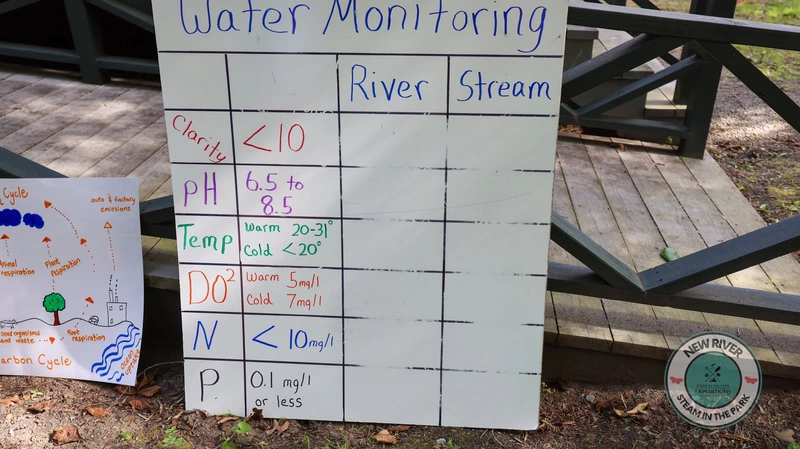
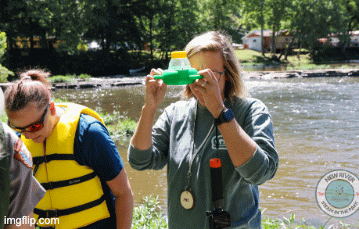
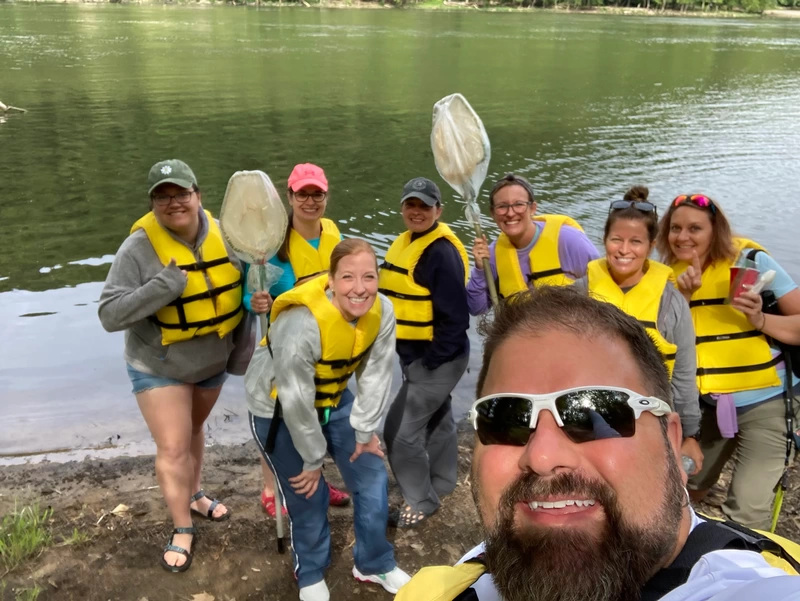
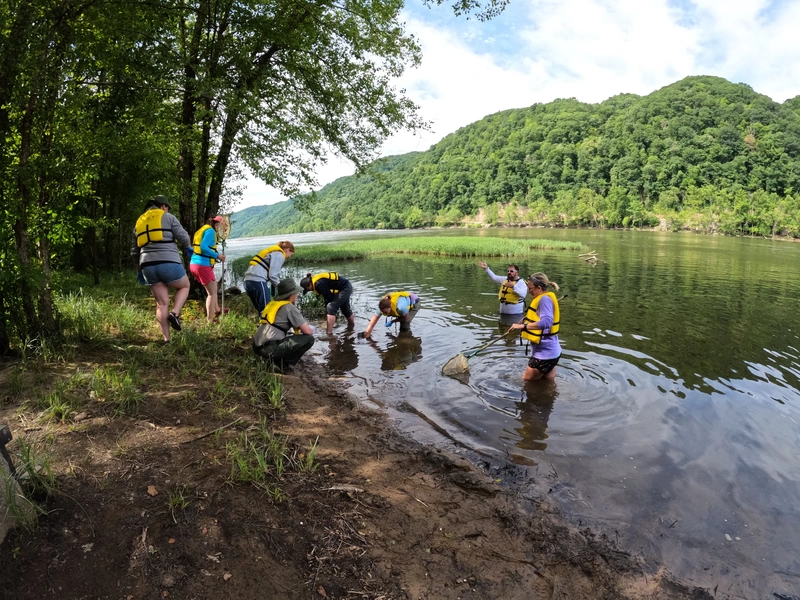
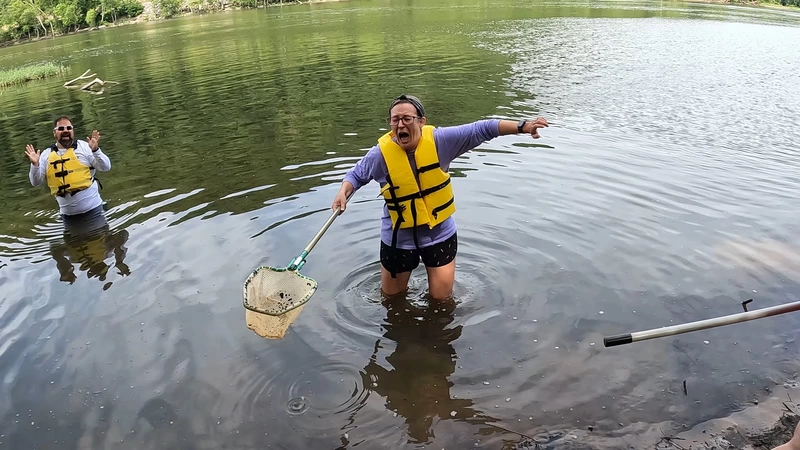
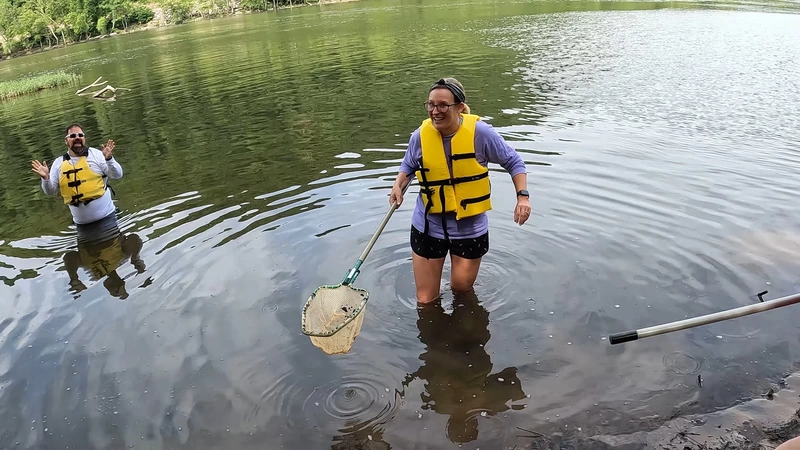
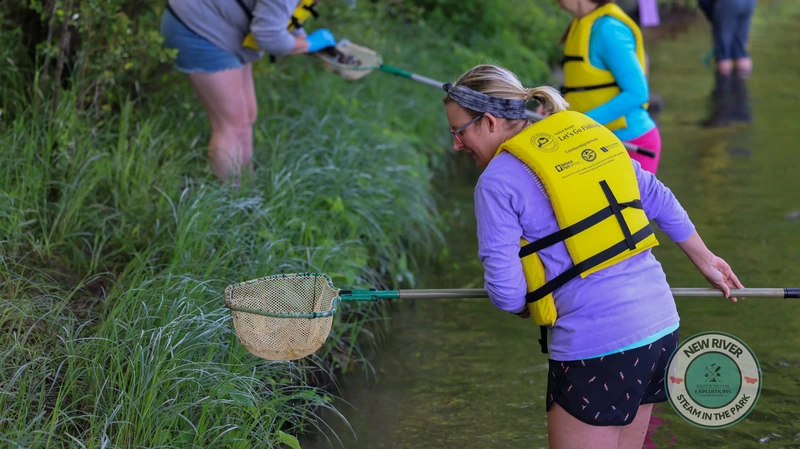
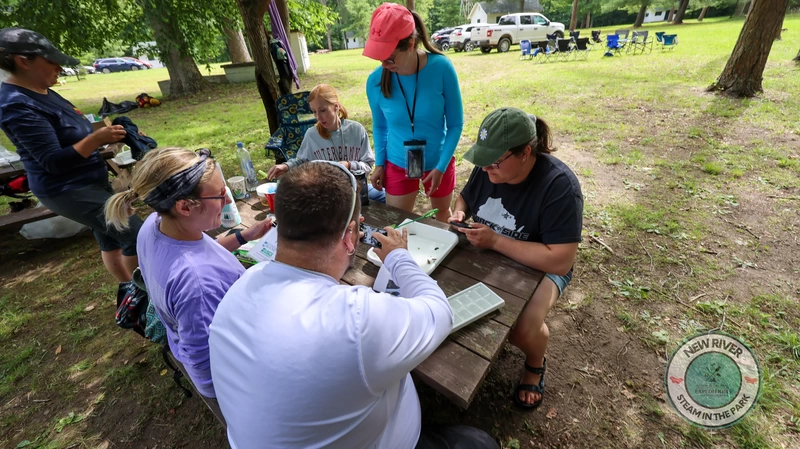

 RSS Feed
RSS Feed